

Articles
How To Clean Engineered Stone Countertops
Modified: December 7, 2023
Looking for articles on how to clean engineered stone countertops? Discover effective cleaning tips and solutions to maintain the beauty and longevity of your countertops.
(Many of the links in this article redirect to a specific reviewed product. Your purchase of these products through affiliate links helps to generate commission for Storables.com, at no extra cost. Learn more)
Introduction
Engineered stone countertops have gained immense popularity in recent years due to their durability, versatility, and aesthetic appeal. Made from a combination of natural stone particles and synthetic materials, engineered stone countertops offer the beauty of natural stone with added benefits such as resistance to stains, scratches, and heat. They are also non-porous, making them hygienic and easy to maintain.
However, like any other surface, engineered stone countertops require regular cleaning and maintenance to keep them looking their best. Cleaning engineered stone countertops not only preserves their appearance but also helps extend their lifespan. In this article, we will explore the importance of cleaning engineered stone countertops, common mistakes to avoid, and the best practices for maintaining and protecting them.
Proper cleaning of engineered stone countertops not only removes dirt, grime, and stains but also disinfects the surface, ensuring a safe and healthy environment in your kitchen or bathroom. Neglecting to clean these countertops can result in the growth of mold, mildew, and bacteria, which can lead to health problems and damage to the surface.
By following the correct cleaning techniques and using compatible cleaning agents, you can keep your engineered stone countertops in pristine condition for years to come, enhancing the overall appearance of your space and protecting your investment.
In the next sections, we will delve into the different aspects of cleaning engineered stone countertops, including common mistakes to avoid, preparation steps, general cleaning procedures, stain removal techniques, and maintenance tips. By understanding these key factors, you will be equipped with the knowledge and tools to effectively clean and maintain your engineered stone countertops.
Key Takeaways:
- Proper cleaning and maintenance of engineered stone countertops are crucial to preserve their aesthetics, prevent stains, maintain hygiene, ensure durability, and protect your investment. By following recommended practices, you can enjoy beautiful and long-lasting countertops.
- Avoid common mistakes such as using abrasive cleaners, neglecting spills, and skipping regular cleaning. Prepare for cleaning, follow general cleaning steps, and use specific stain removal techniques to keep your engineered stone countertops in pristine condition.
Read more: How To Clean Natural Stone Countertops
What are Engineered Stone Countertops?
Engineered stone countertops, also known as quartz countertops, are a popular choice for homeowners and designers alike. They are made using a combination of natural stone particles, typically quartz, and synthetic materials such as resins and pigments. This mixture is then molded into slabs, which are cut and polished to create beautiful and durable countertops.
The main component of engineered stone countertops is quartz, a durable and abundantly available mineral. Quartz is known for its hardness, making it resistant to scratches and stains. It is also non-porous, meaning it does not absorb liquids or harbor bacteria. This characteristic makes engineered stone countertops highly hygienic and easy to clean.
One of the advantages of engineered stone countertops is their wide variety of colors and patterns. Since they are manufactured, they can be produced in an array of hues and designs to complement any kitchen or bathroom decor. Whether you prefer a classic and timeless look or a bold statement piece, there is an engineered stone countertop option for you.
In addition to their aesthetic appeal, engineered stone countertops offer excellent durability. They are heat resistant, which means you can place hot pots and pans directly on the surface without causing damage. However, it is still recommended to use trivets or heat pads to prevent any potential discoloration or thermal shock.
Another advantage of engineered stone countertops is their low maintenance requirements. Unlike natural stone countertops, which require periodic sealing, engineered stone countertops are non-porous and do not need sealing. This makes them easier to clean and maintain over time.
Overall, engineered stone countertops provide a durable, versatile, and beautiful option for kitchens and bathrooms. They combine the natural beauty of quartz with the durability and practicality of synthetic materials. With proper care and maintenance, engineered stone countertops can last for many years, adding value and elegance to your home.
Why is Cleaning Engineered Stone Countertops Important?
Proper cleaning and maintenance of engineered stone countertops is crucial for several reasons. Cleaning these countertops regularly not only maintains their appearance but also ensures their longevity and performance. Here are some key reasons why cleaning engineered stone countertops is important:
1. Preserve the aesthetics: Engineered stone countertops are known for their stunning visuals, whether they mimic the look of natural stone or offer unique patterns and colors. Regular cleaning helps to remove dirt, grime, and stains, preserving the aesthetics of the surface. This ensures that your countertops continue to enhance the overall beauty of your kitchen or bathroom.
2. Prevent stains and discoloration: While engineered stone countertops are highly resistant to stains, certain substances like oil, acidic liquids, and pigmented foods can cause discoloration if left untreated. Regular cleaning removes these potential stain-causing substances, preventing discoloration and helping your countertops maintain their original appearance.
3. Maintain hygiene: Countertops in kitchens and bathrooms can harbor bacteria, mold, and mildew if not properly cleaned. Regular cleaning with appropriate disinfectants helps eliminate these harmful microorganisms, ensuring a hygienic environment. This is especially important in areas where food is prepared or where personal hygiene is maintained.
4. Prevent etching and scratching: Although engineered stone countertops are highly resistant to scratching, abrasive materials and improper cleaning techniques can still cause damage. Regular cleaning with gentle cleaners and avoiding abrasive pads or tools helps prevent etching and scratching, keeping your countertops smooth and pristine.
5. Ensure durability: Engineered stone countertops are designed to withstand daily use and abuse. However, neglecting proper cleaning and maintenance can compromise their durability over time. Routine cleaning, along with avoiding harsh chemicals and abrasive cleaners, promotes the long-term durability of your countertops.
6. Protect your investment: Engineered stone countertops are a significant investment in your home. By properly cleaning and maintaining them, you ensure that your investment retains its value and continues to provide joy and functionality for years to come. Regular cleaning helps extend the lifespan of your countertops, minimizing the need for costly repairs or replacements in the future.
In summary, regular cleaning of engineered stone countertops is essential to preserve their aesthetics, prevent stains and discoloration, maintain hygiene, prevent etching and scratching, ensure durability, and protect your investment. By following the recommended cleaning practices, you can enjoy the beauty, functionality, and longevity of your engineered stone countertops for many years.
Common Mistakes to Avoid
While cleaning engineered stone countertops may seem straightforward, there are some common mistakes that should be avoided to prevent any damage or deterioration of the surface. By being aware of these mistakes and taking the necessary precautions, you can ensure that your countertops remain in optimal condition. Here are some common mistakes to avoid:
1. Using abrasive cleaners or tools: One of the most common mistakes is using abrasive cleaners or tools on engineered stone countertops. These can cause scratches, dull the surface, and even remove the protective sealant. Avoid using scouring pads, steel wool, or abrasive cleansers that may damage the surface. Instead, opt for non-abrasive cleaners specifically designed for use on engineered stone.
2. Neglecting to clean up spills promptly: Engineered stone countertops are highly resistant to stains, but it’s important to clean up spills promptly, especially those from acidic substances like lemon juice or vinegar. Leaving spills to sit for an extended period can lead to discoloration or etching on the surface. Wipe up spills immediately with a soft cloth or sponge and mild detergent.
3. Using harsh chemicals: Avoid using harsh chemicals such as bleach, ammonia, or abrasive cleaners on your engineered stone countertops. These chemicals can damage the surface and strip away the protective sealant, compromising the integrity of the material. Stick to gentle, pH-neutral cleaners that are specifically formulated for use on engineered stone.
4. Skipping regular cleaning: Even though engineered stone countertops are low maintenance, regular cleaning is still necessary to maintain their appearance and hygiene. Skipping routine cleaning can lead to the buildup of dirt, grime, and stains, making it more difficult to clean later on. Dedicate some time each week to wipe down and clean your countertops to keep them looking their best.
5. Neglecting to use cutting boards and trivets: While engineered stone is highly resistant to heat and scratches, it is still best practice to use cutting boards and trivets to protect the surface. Avoid cutting directly on the countertops or placing hot pots, pans, or appliances directly on the surface. This will help prevent any potential damage or discoloration.
6. Not following the manufacturer’s guidelines: Each manufacturer may provide specific cleaning instructions for their engineered stone countertops. It is important to read and follow these guidelines to ensure that you are using the appropriate cleaning products and techniques for your specific countertop. Deviating from the recommended cleaning methods may void any warranties or guarantees provided by the manufacturer.
By avoiding these common mistakes and practicing proper cleaning techniques, you can ensure that your engineered stone countertops remain beautiful, durable, and long-lasting. Remember to be gentle in your cleaning approach and use products specifically designed for engineered stone to maintain the integrity and appearance of your countertops.
Preparing for Cleaning
Before you begin cleaning your engineered stone countertops, it’s important to properly prepare the area and gather the necessary supplies. Taking the time to prepare will help ensure an effective and efficient cleaning process. Here are some steps to follow when preparing for cleaning:
1. Clear the countertops: Start by removing any items, appliances, or decorative objects from the countertops. This will allow you to clean the entire surface thoroughly without obstructions. Clearing the countertops also prevents any damage to items that may be accidentally exposed to cleaning solutions.
2. Sweep or wipe away loose debris: Use a soft microfiber cloth or a soft-bristle brush to sweep away loose debris, crumbs, or dust from the surface of the countertops. This step helps eliminate any loose particles that can interfere with the cleaning process.
3. Gather the necessary cleaning supplies: Ensure that you have all the required cleaning supplies readily available. These may include a pH-neutral cleaner specifically formulated for engineered stone, a soft cloth or sponge, a non-abrasive brush, and warm water. Avoid using harsh chemicals or abrasive cleaners that can damage the surface.
4. Check for stains or stubborn residue: Inspect the countertops for any stubborn stains or residue that may require a specific cleaner or stain removal technique. Make a note of these areas so that you can give them extra attention during the cleaning process.
5. Test an inconspicuous area: Before applying any cleaning solution to the entire countertop, it is important to test it on a small, inconspicuous area. This will ensure that the cleaner does not cause any adverse reactions or discoloration. Follow the manufacturer’s instructions for testing the cleaning product.
6. Protect surrounding areas: If you are using any cleaning solutions or sprays, make sure to protect surrounding areas such as cabinets, walls, and floors. Use a plastic sheet or towel to cover these areas and prevent any accidental contact with the cleaning solution.
7. Choose the right cleaning technique: Depending on the level of dirt or stains on your countertops, you may need to adjust your cleaning technique. For general cleaning, a gentle wipe-down with a cloth or sponge and a mild cleaner is sufficient. For stubborn stains or residue, you may need to use a non-abrasive brush or specialized stain remover. Refer to the countertop manufacturer’s guidelines for specific cleaning instructions.
By following these preparation steps, you can ensure a smooth and effective cleaning process for your engineered stone countertops. Proper preparation sets the stage for successful cleaning and helps protect the surface from potential damage. Take the time to gather your supplies, clear the countertops, and test the cleaning solution before proceeding to ensure the best results.
Use a pH-balanced cleaner and a soft cloth to clean engineered stone countertops. Avoid harsh chemicals and abrasive scrubbers to prevent damage to the surface.
Read more: How Much Do Stone Countertops Cost
General Cleaning Steps
Cleaning your engineered stone countertops on a regular basis helps to maintain their cleanliness and appearance. Following the right cleaning steps will ensure that you effectively remove dirt, grime, and stains without causing any damage to the surface. Here are the general cleaning steps to follow:
1. Prepare the cleaning solution: Mix a pH-neutral cleaner specifically formulated for engineered stone with warm water according to the instructions on the cleaner’s packaging. Avoid using harsh chemicals or abrasive cleaners, as they can damage the surface of the countertops.
2. Apply the cleaning solution: Wet a soft cloth or sponge with the prepared cleaning solution and gently apply it to the surface of the countertops. Start from one end and work your way across, focusing on small sections at a time. This allows you to thoroughly clean the entire surface without missing any spots.
3. Wipe down the countertops: Use a gentle circular motion to wipe down the countertops, applying light pressure. This helps to remove any dirt or residue from the surface. Pay attention to any areas with stains or spills and give them extra attention. Avoid using excessive force or abrasive materials as this can scratch the surface.
4. Rinse with warm water: After cleaning, rinse the countertops with warm water to remove any remaining cleaning solution. Use a clean cloth or sponge dampened with water and wipe down the countertops to ensure all traces of the cleaner are removed. This step is crucial to prevent any residue from building up on the surface.
5. Dry the countertops: Finally, use a clean, dry cloth to thoroughly dry the countertops. This prevents water spots or streaks from forming on the surface. Ensure that the countertops are completely dry before placing any items back on them to avoid moisture-related issues.
6. Perform routine maintenance: In addition to regular cleaning, it is important to perform routine maintenance on your engineered stone countertops. This includes wiping up spills immediately, using cutting boards and trivets to protect the surface, and using gentle cleaning products specifically designed for engineered stone.
By following these general cleaning steps and incorporating routine maintenance into your cleaning routine, you can keep your engineered stone countertops looking their best for years to come. Remember to exercise caution and choose appropriate cleaning tools and solutions to avoid any damage to the surface.
Removing Stains
Despite their resistance to stains, engineered stone countertops may occasionally encounter stubborn stains that require special attention. Luckily, there are effective methods for removing different types of stains from the surface. By using the right techniques and cleaning agents, you can restore the pristine appearance of your countertops. Here are some common types of stains and how to remove them:
1. Grease and oil stains: Grease and oil stains can be common in kitchen settings. To remove these stains, start by blotting up any excess grease or oil with a paper towel or absorbent cloth. Then, use a mild dish soap mixed with warm water to gently clean the affected area. Scrub in a circular motion using a soft cloth or sponge. Rinse with clean water and dry the area thoroughly.
2. Wine and fruit juice stains: Wine and fruit juice stains can be particularly challenging to remove if not addressed promptly. Begin by blotting the stain with paper towels or a cloth to absorb as much of the liquid as possible. Next, make a paste by mixing baking soda with water and apply it to the stained area. Let it sit for a few minutes, then gently scrub using a non-abrasive brush. Rinse well with water and dry the surface.
3. Coffee and tea stains: Coffee and tea stains can leave unsightly marks on your countertops. To remove these stains, make a solution of equal parts water and hydrogen peroxide. Dampen a cloth or sponge with the solution and gently scrub the stained area. Rinse with water and dry thoroughly. For stubborn stains, you can also try using a mixture of water and baking soda as a paste and scrubbing the stain gently.
4. Ink stains: Ink stains can be challenging to remove, but with the right approach, they can be tackled. Start by blotting the stain carefully with a cloth to remove any excess ink. Next, dampen a cloth or sponge with rubbing alcohol and gently dab the stain. Avoid rubbing vigorously, as this may spread the ink further. Rinse the area with water and dry it thoroughly.
5. Mold and mildew stains: If you notice mold or mildew on your engineered stone countertops, it is important to address it promptly. Create a solution by mixing equal parts water and chlorine bleach. Apply the solution to the affected area and let it sit for about 15 minutes. Scrub the stains gently using a soft brush or sponge. Rinse the surface with water thoroughly and dry it completely.
Note: When dealing with any type of stain, it is always advisable to test any cleaning solution in an inconspicuous area first to ensure it does not cause any discoloration or damage.
By following these stain removal techniques and being proactive in attending to stains as they occur, you can maintain the pristine appearance of your engineered stone countertops. Remember to always handle stains gently and avoid using abrasive materials or harsh chemicals that may compromise the integrity of the surface.
Maintaining and Protecting Engineered Stone Countertops
Maintaining and protecting engineered stone countertops is essential to preserve their beauty, durability, and longevity. By following some simple maintenance practices, you can keep your countertops looking pristine for years to come. Here are some key tips for maintaining and protecting your engineered stone countertops:
1. Clean spills immediately: Accidents happen, and spills are inevitable. However, it’s important to clean up spills as soon as they occur. Wipe up any liquids, oils, or acidic substances promptly with a soft cloth or sponge. This prevents the substances from seeping into the surface and potentially causing stains or damage.
2. Use cutting boards and trivets: While engineered stone countertops are durable, using cutting boards and trivets is still recommended to protect the surface. Cutting directly on the countertops can lead to scratches and dents over time. Place hot pots, pans, and appliances on trivets or hot pads to prevent thermal shock or discoloration.
3. Avoid abrasive cleaners and tools: Harsh chemicals, abrasive cleaners, and rough cleaning tools can damage the surface of engineered stone countertops. Avoid using scrub brushes, scouring pads, or abrasive cleaners. Opt for soft cloths, non-abrasive sponges, and pH-neutral cleaners specifically formulated for use on engineered stone.
4. Regularly dust and wipe down: Dust and debris can accumulate on the surface of your countertops. Wipe down your countertops daily or as needed with a soft, damp cloth to remove any dust or surface grime. This helps maintain their cleanliness and prevents dirt from being ground into the surface over time.
5. Avoid prolonged exposure to sunlight: Engineered stone countertops are resistant to UV rays, but long-term exposure to direct sunlight can cause color fading or discoloration. If your countertops are exposed to sunlight, consider using curtains or blinds to minimize direct sunlight during peak hours of the day.
6. Avoid using strong chemicals: Harsh chemicals such as bleach, ammonia, or abrasive cleaners can damage the surface of engineered stone. Avoid using these chemicals or any products containing them. Stick to mild, pH-neutral cleaners and carefully follow the manufacturer’s instructions for use.
7. Regularly reseal, if needed: While engineered stone countertops do not require sealing like natural stone, it’s a good idea to check with the manufacturer to determine if resealing is recommended. Resealing can help prolong the life of your countertops and maintain their resistance to stains and scratches.
8. Prevent contact with harsh substances: Avoid exposing your engineered stone countertops to harsh substances such as strong acids, solvents, or chemicals. These can cause discoloration, etching, or other damage to the surface. Clean up any spills or splatters promptly to minimize contact with these substances.
9. Follow manufacturer’s guidelines: Each manufacturer may have specific care and maintenance instructions for their engineered stone countertops. It’s important to read and follow these guidelines to ensure you are using the appropriate cleaning products and techniques for your specific countertops. Deviating from the recommended practices may void any warranties or guarantees provided by the manufacturer.
10. Regularly inspect for damage: Take the time to inspect your countertops regularly for any signs of damage, such as cracks, chips, or stains. If you notice any issues, address them promptly to prevent further damage and extend the lifespan of your countertops.
By following these maintenance and protection tips, you can keep your engineered stone countertops looking beautiful and extend their lifespan. Consistent care and attention will preserve their appearance, durability, and functionality, ensuring that you can enjoy them for many years to come.
Conclusion
Engineered stone countertops are a popular choice for homeowners due to their durability, versatility, and aesthetic appeal. Cleaning and maintaining these countertops is essential to preserve their beauty and longevity. By following the recommended cleaning techniques and avoiding common mistakes, you can ensure that your countertops remain in optimal condition.
In this article, we explored the importance of cleaning engineered stone countertops and the potential consequences of neglecting their maintenance. We discussed the common mistakes to avoid, such as using abrasive cleaners, neglecting to clean up spills promptly, and skipping regular cleaning. By being aware of these mistakes, you can effectively protect your countertops from damage.
We also covered the steps to prepare for cleaning, the general cleaning process, and the methods for removing different types of stains from your engineered stone countertops. By following the proper procedures and using the right cleaning agents, you can restore their pristine appearance and prevent any long-term damage.
Additionally, we highlighted the importance of regularly maintaining and protecting engineered stone countertops. By adopting simple practices such as promptly cleaning spills, using cutting boards and trivets, and avoiding harsh chemicals, you can extend the lifespan of your countertops and maintain their beauty and functionality.
Remember to follow the specific care and maintenance guidelines provided by the manufacturer of your engineered stone countertops. Adhering to these instructions will ensure that you are using the appropriate cleaning products and techniques for your specific countertops, while also preserving any warranties or guarantees that may be in place.
In conclusion, cleaning, maintaining, and protecting your engineered stone countertops should be a priority to preserve their appearance and performance. With regular care and attention, you can enjoy the beauty and durability of your countertops for many years to come, adding value and style to your kitchen or bathroom.
Frequently Asked Questions about How To Clean Engineered Stone Countertops
Was this page helpful?
At Storables.com, we guarantee accurate and reliable information. Our content, validated by Expert Board Contributors, is crafted following stringent Editorial Policies. We're committed to providing you with well-researched, expert-backed insights for all your informational needs.
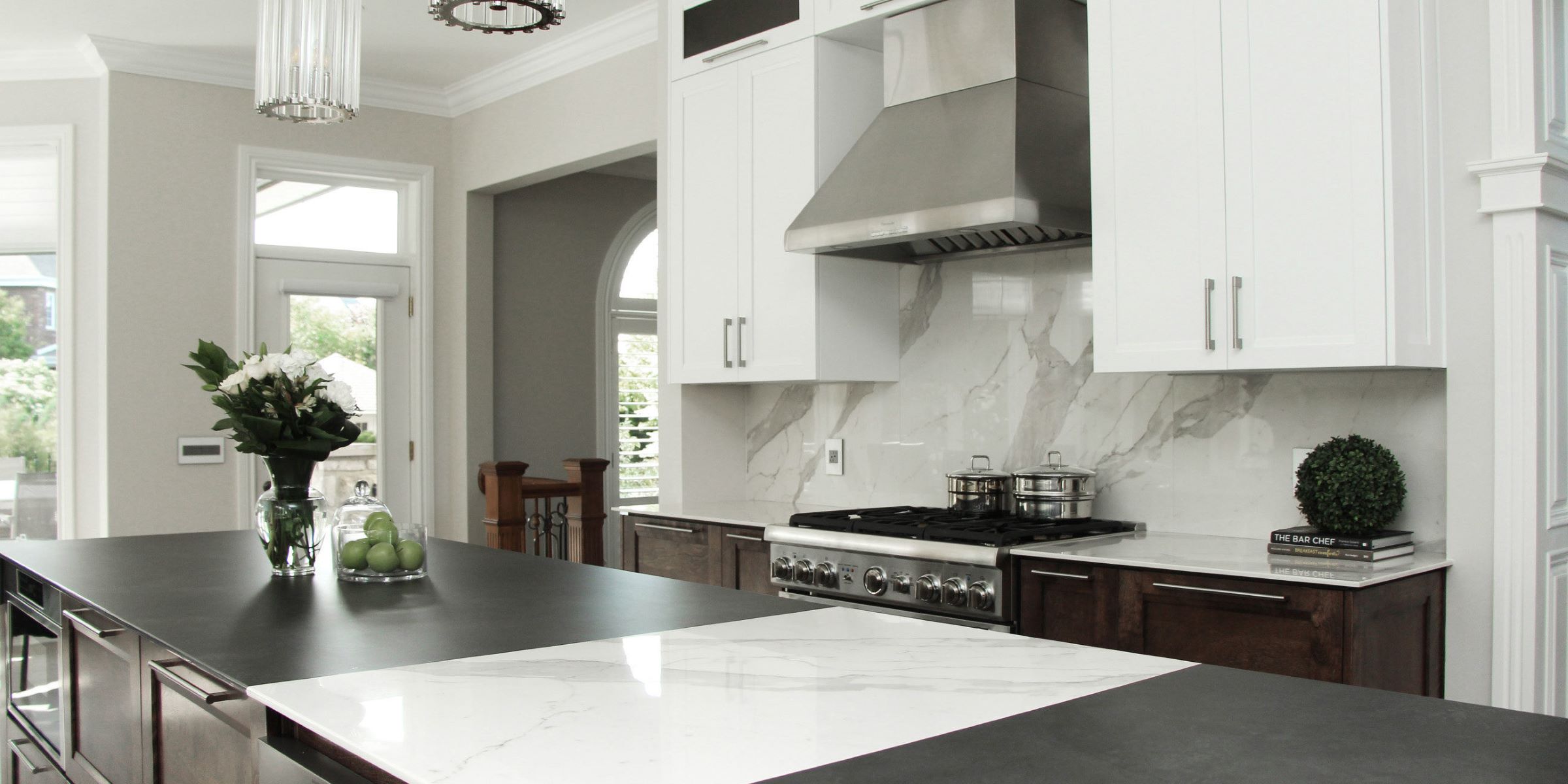
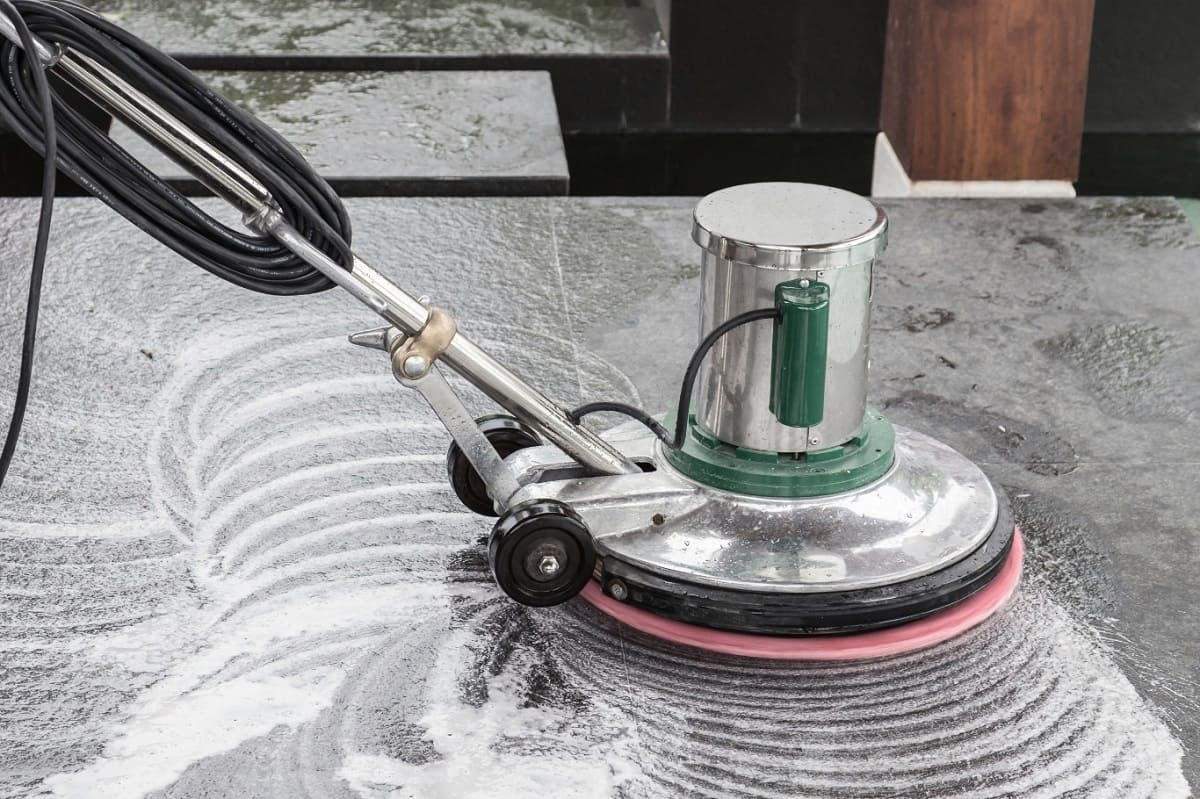
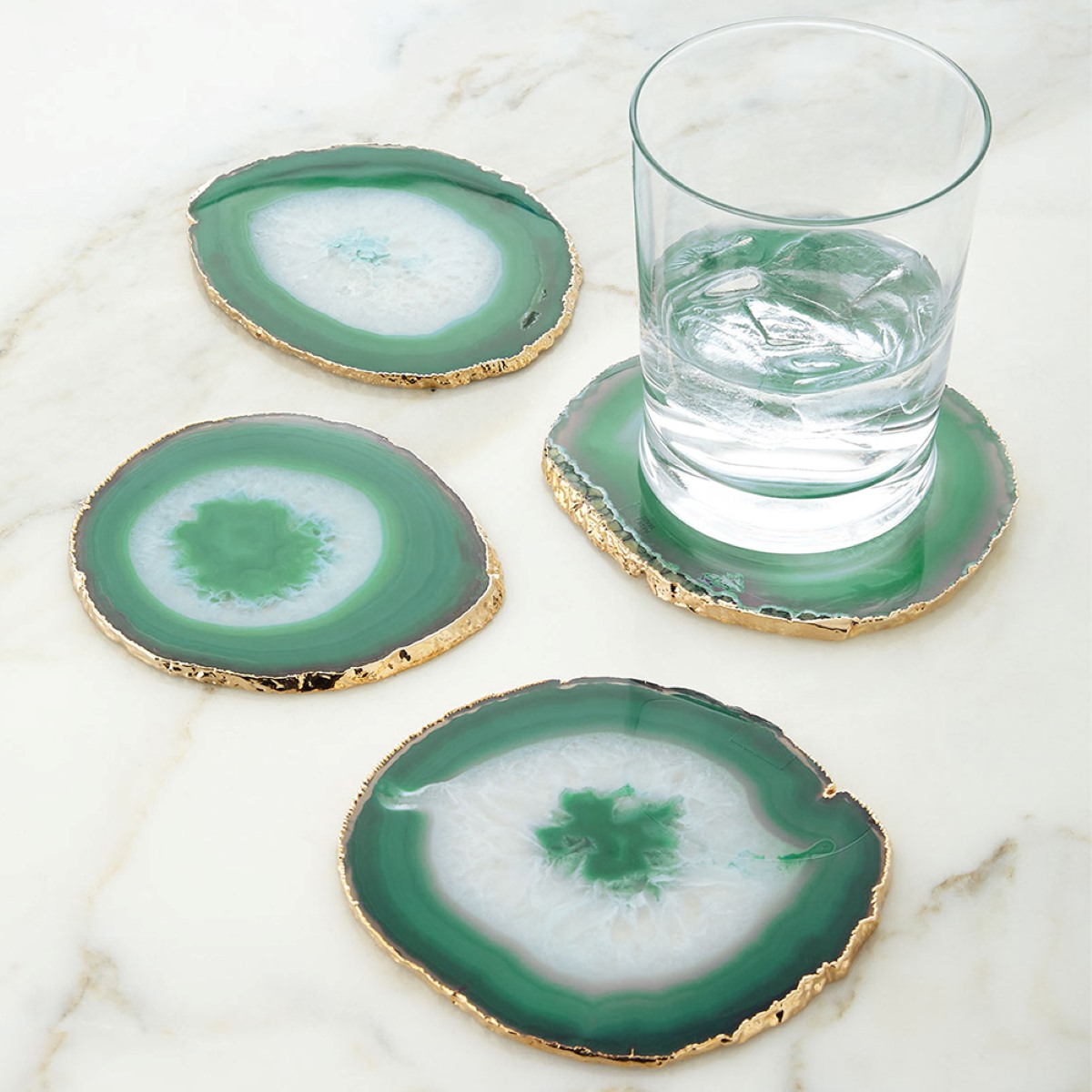

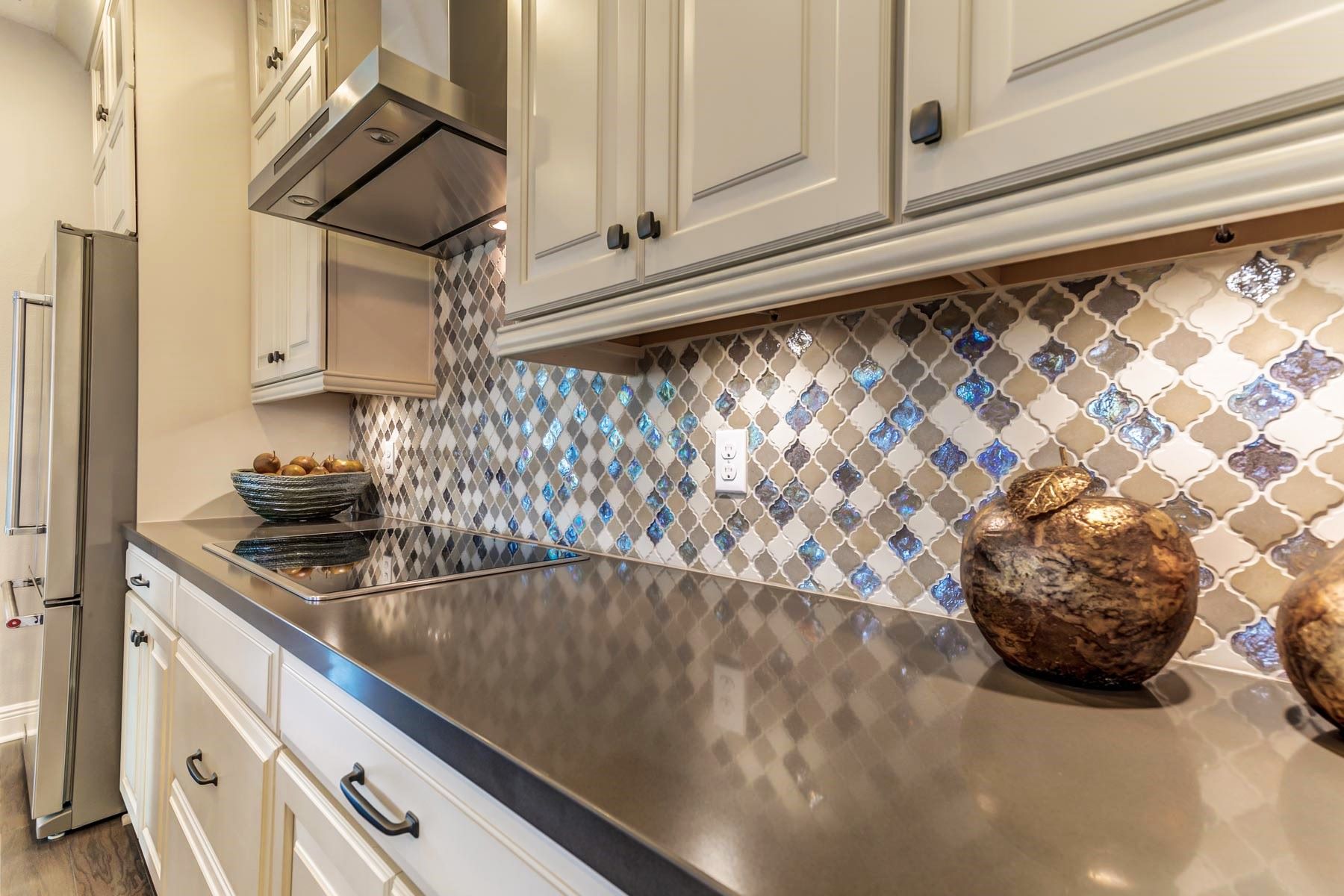
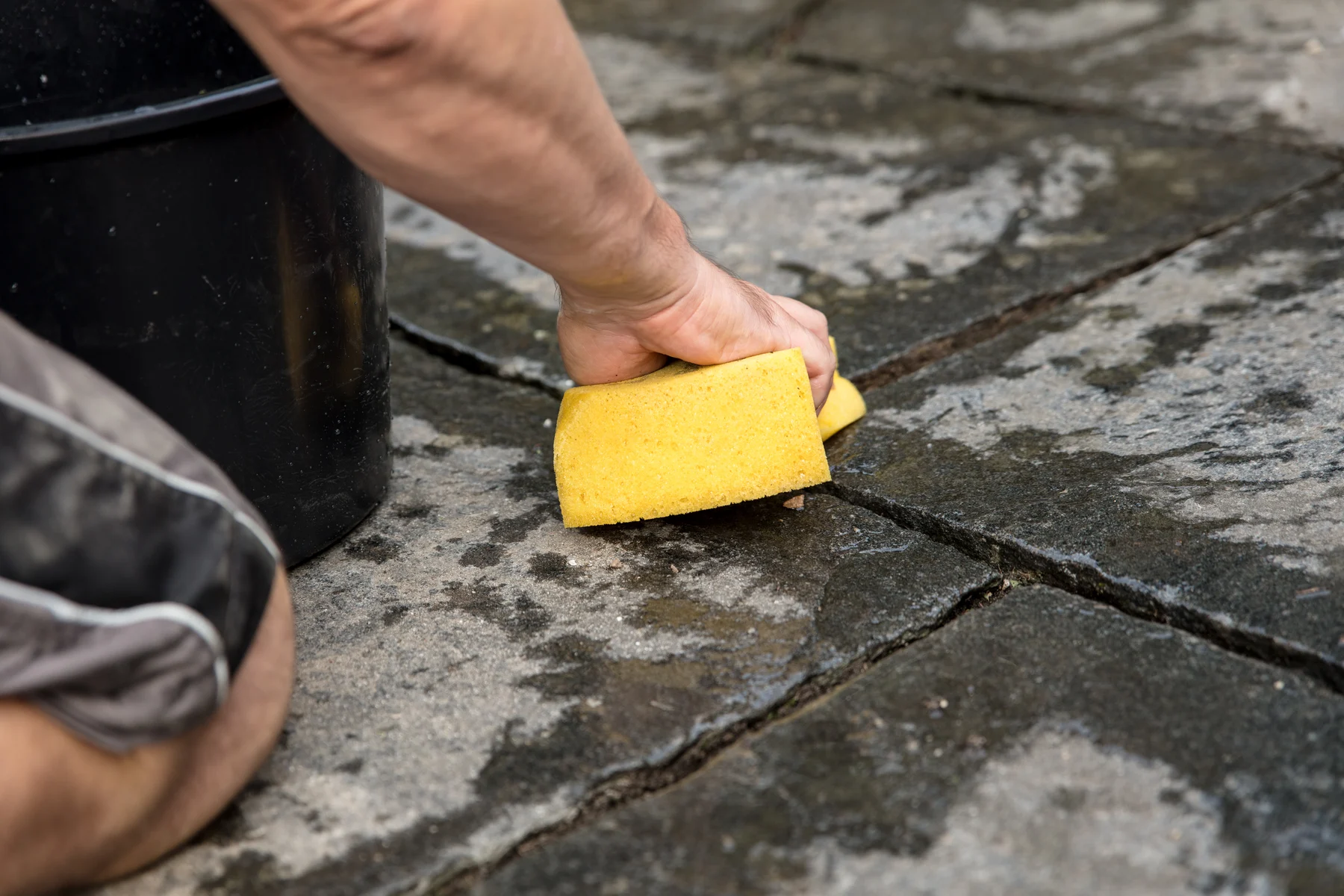


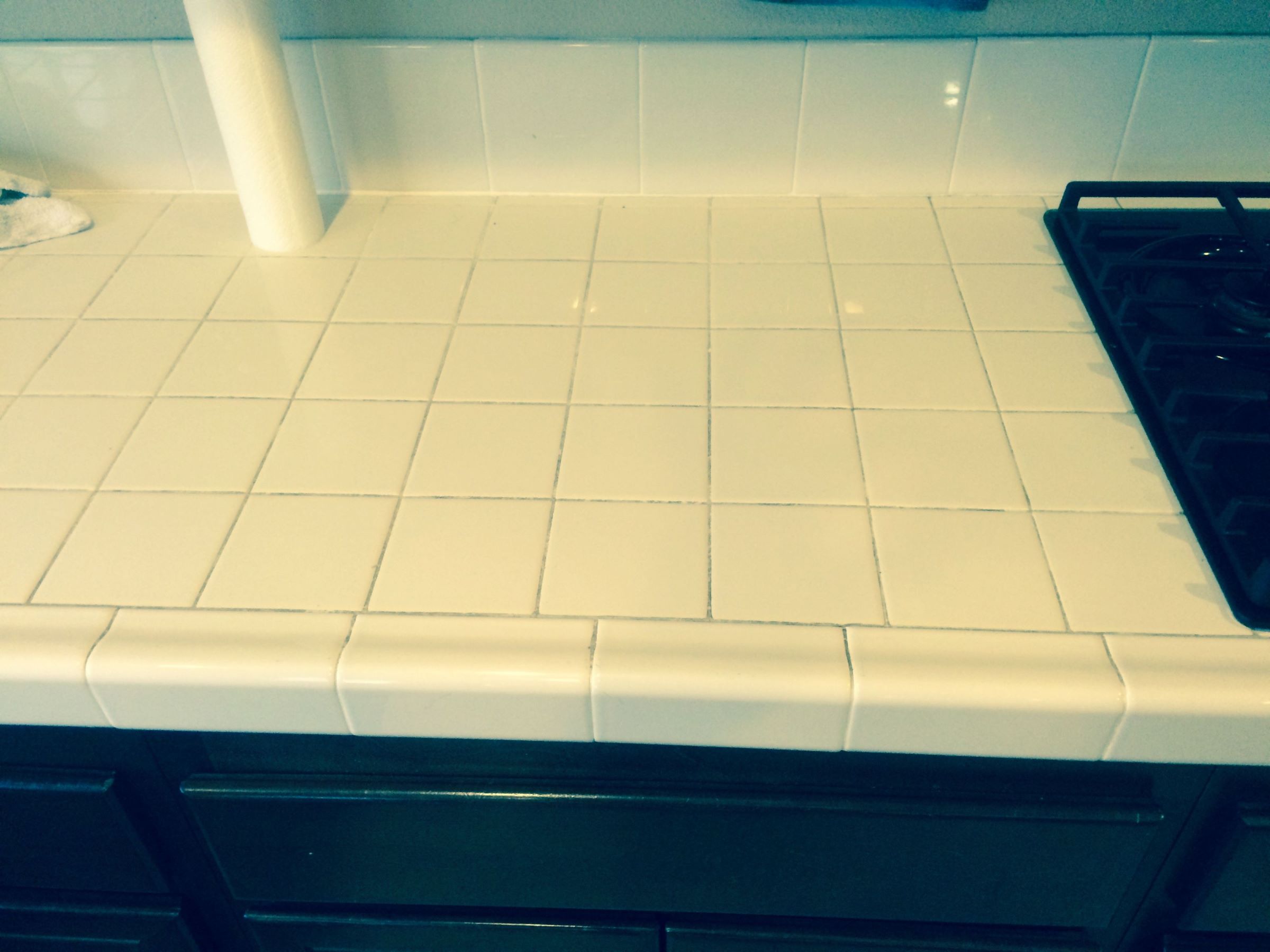
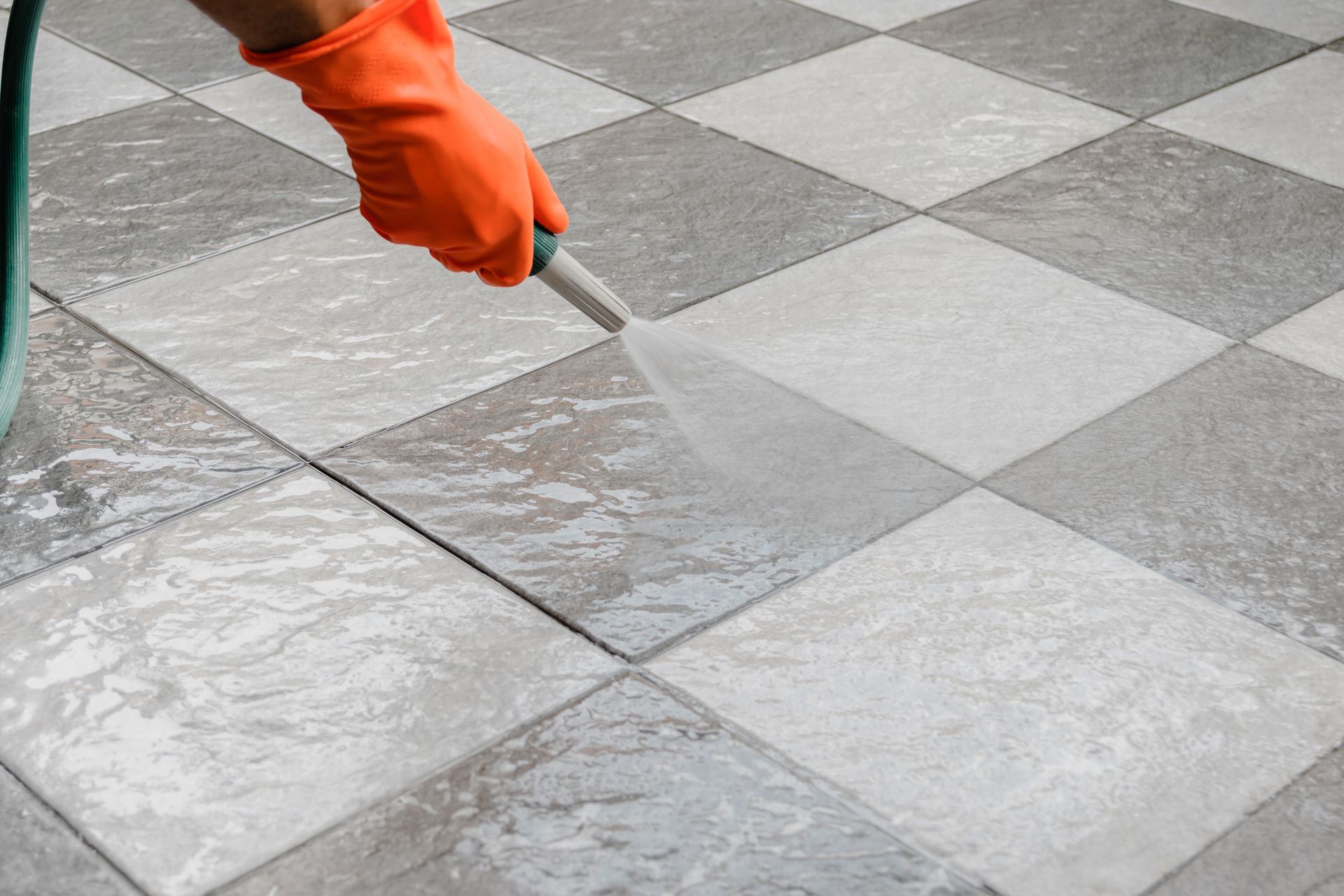
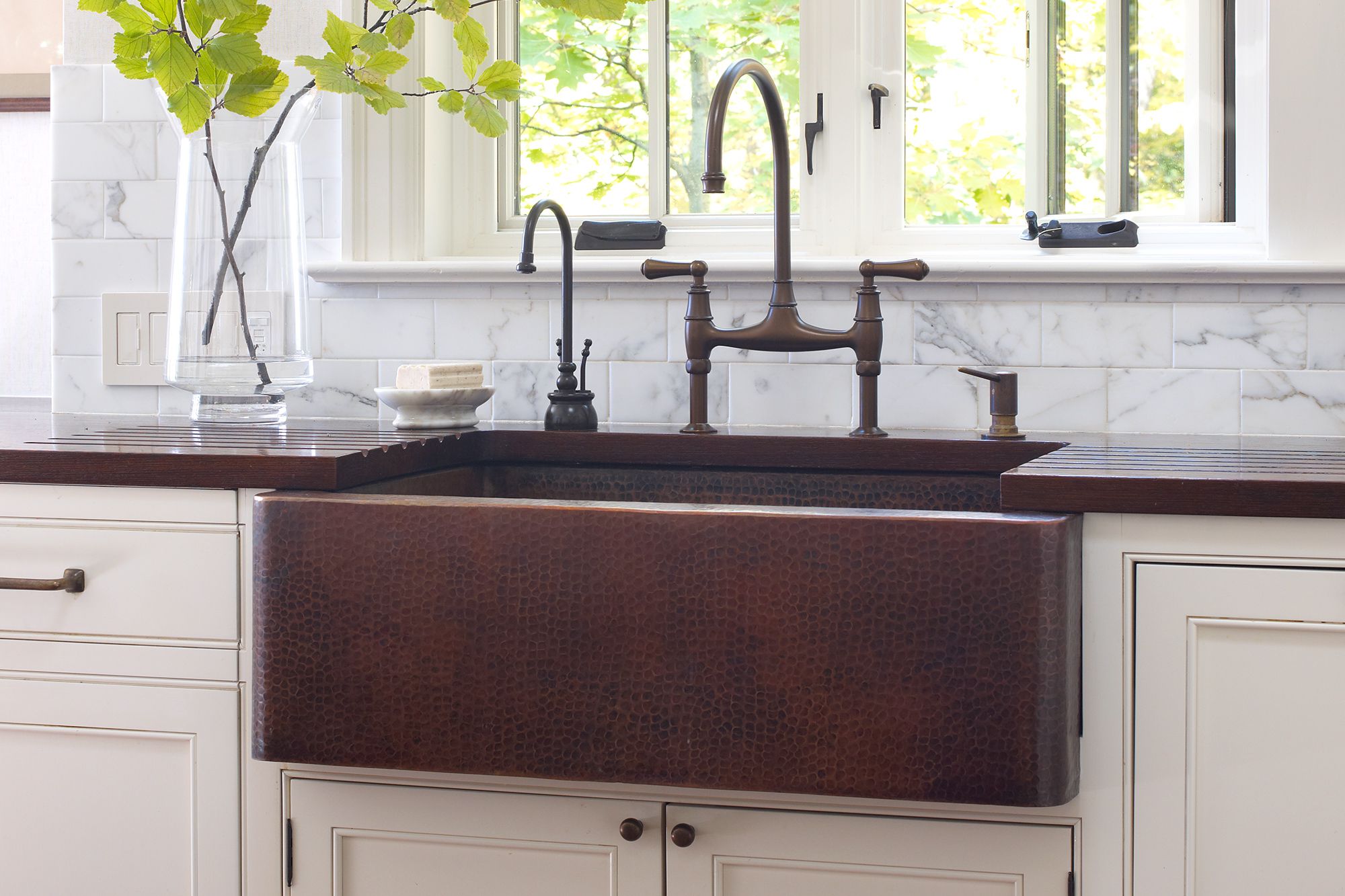
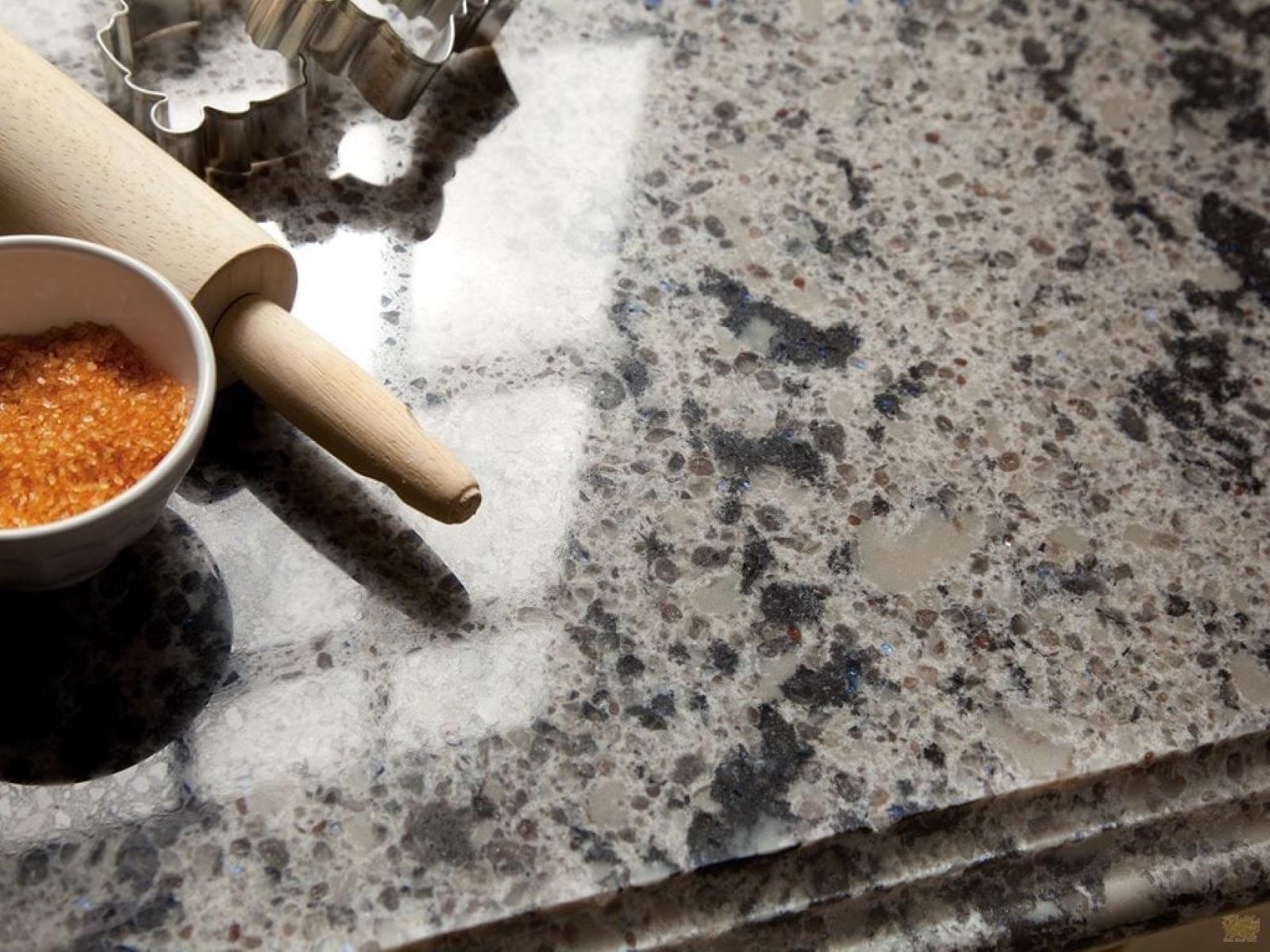
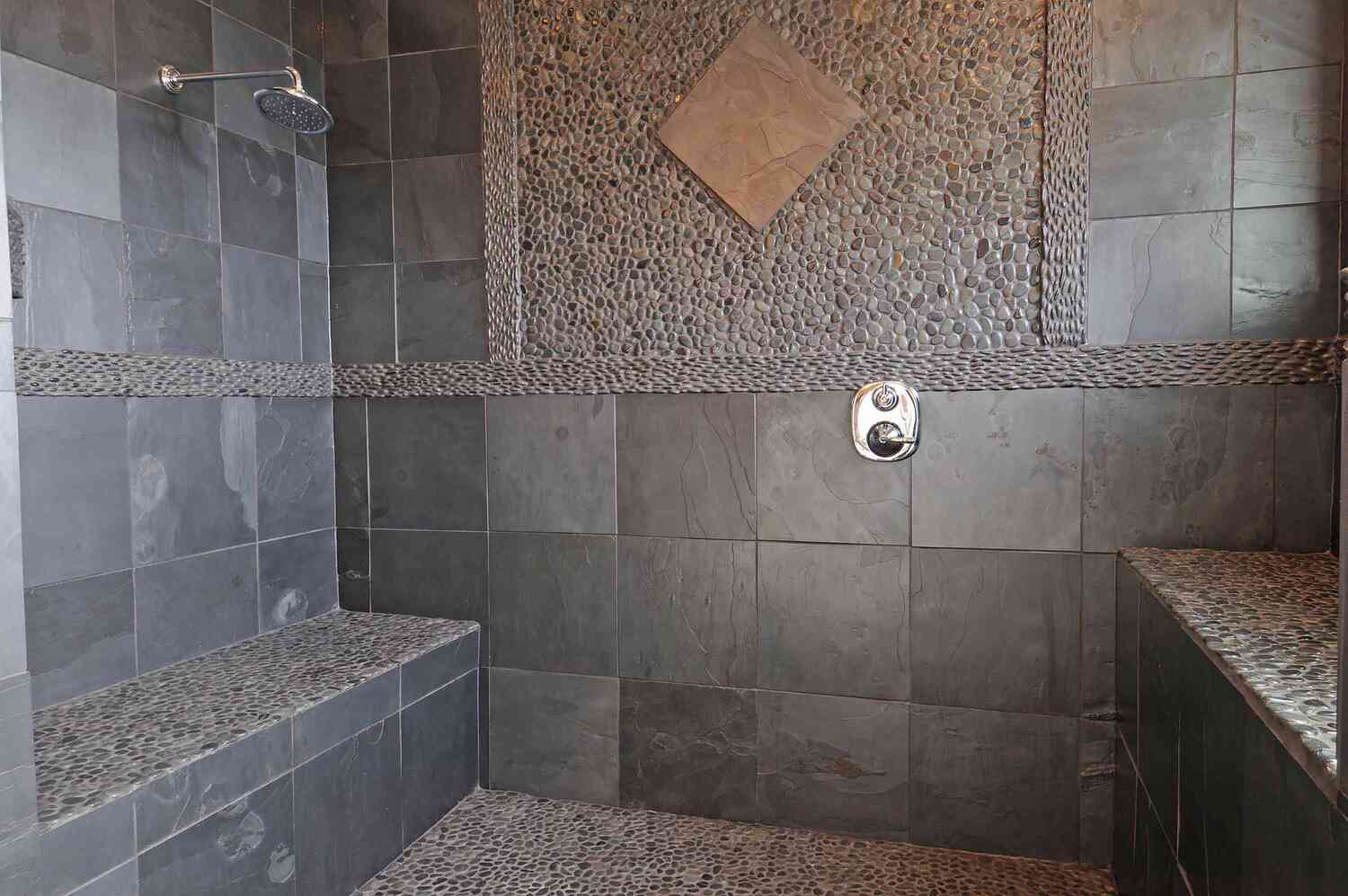
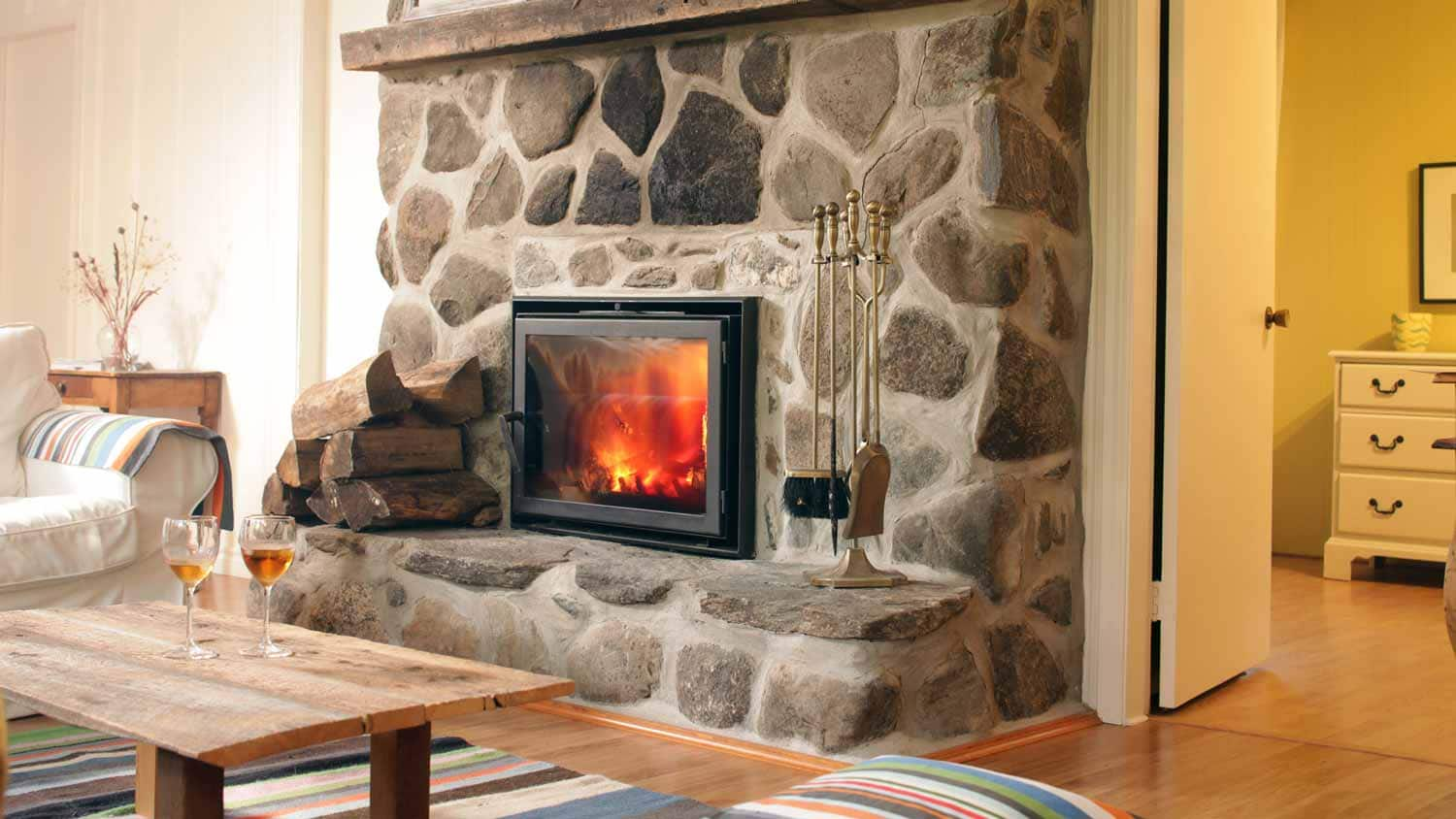

0 thoughts on “How To Clean Engineered Stone Countertops”